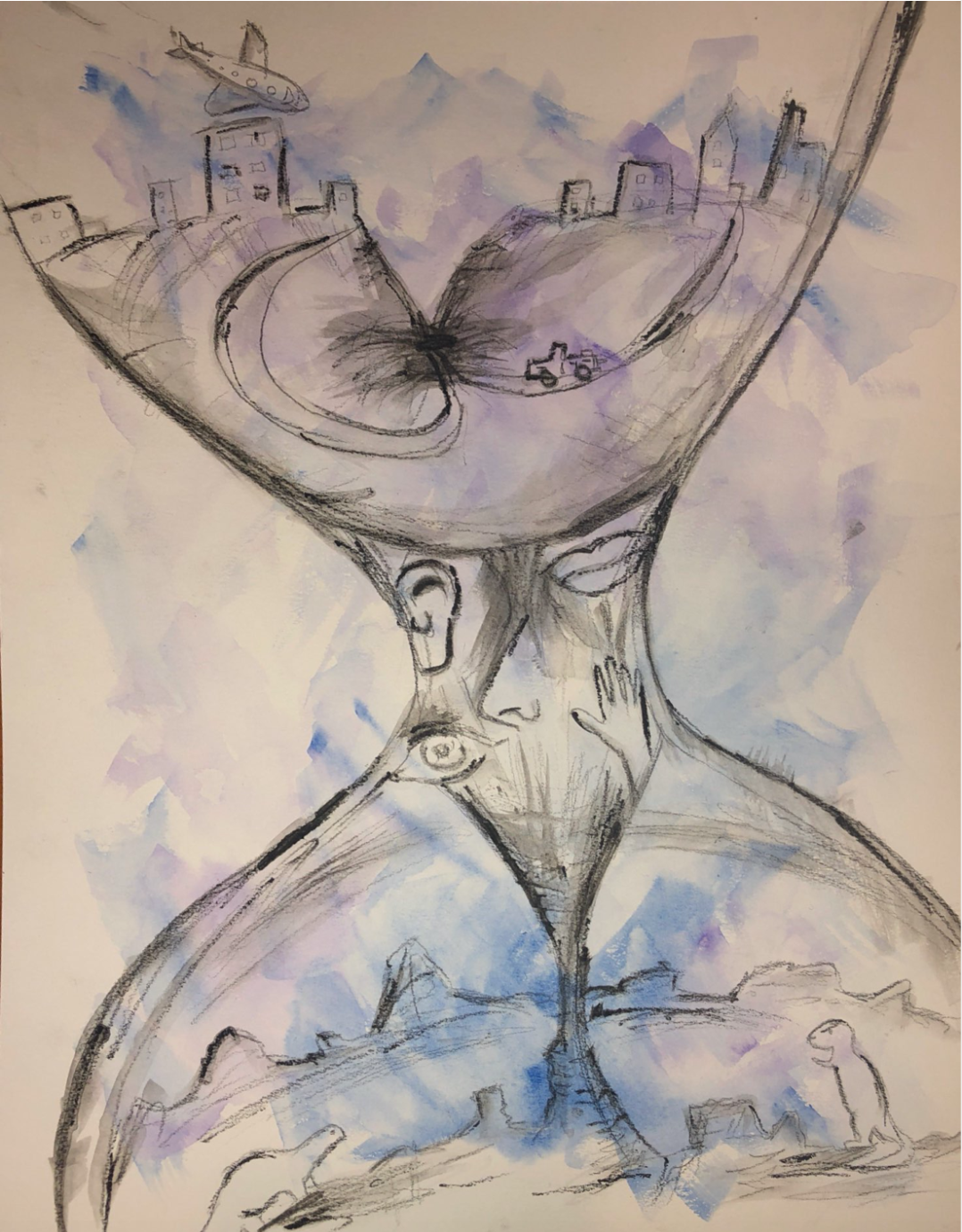|
By Tanisha Jhaveri Ever wonder why the aroma of freshly baked cookies whisks you back to an oddly specific moment of your past—say, Christmas Eve when you were ten? Or why the smell of a particular laundry detergent lingering on your clothes evokes the warm memories of living at home? Do you feel yourself drifting off to crashing waves and sandy shores or feeling nostalgic about a road trip while listening to a certain song? Our senses, particularly those of smell and sound, are powerful tools that we often associate with emotions and memories; the associations that our brains construct can immediately—and often involuntarily—draw up vivid experiences or intense emotions from our past. This psychological phenomenon is known as the Proust Effect, or the involuntary, sudden, and emotional recollection of memories triggered by sensory stimuli. Specifically, our sense of smell has been shown to trigger memories even more vivid than those evoked by visual stimuli. Why does this happen? It has to do with the proximity of the olfactory system to two parts of the brain that play a role in memory processes: the amygdala and the hippocampus. When exposed to a scent, our olfactory receptor cells respond by sending a signal to the olfactory bulb in the brain, which interprets the signal. The olfactory bulb is connected to the amygdala and the hippocampus, which are crucial for functions related to memory, emotion and cognition. Hence, our brains begin to associate particular odors with particular emotions, memories, events, and locations. Unfortunately, this phenomenon can be disturbing for trauma survivors. Specific senses, particularly smells and sounds, can involuntarily trigger unwanted memories and can cause survivors to relive traumatic experiences. In a paper, researchers from the Netherlands explore the mechanism through which odor invokes distressing memories. For example, smells that are initially innocuous, such as blood and diesel, can become associated with trauma and subsequently evoke intense, emotional, and detailed memories in many survivors. Beside smells, music has also been shown to be linked to memory formation and recall, because it evokes strong emotions that enhance the transformation of events into memories. (If you think back, your most vivid memories are all associated with strong emotions like sadness or glee—you typically wouldn’t remember indifference or apathy.) Hence, music plays an important role in both creating memories (encoding) and recalling them (retrieval). For example, Ferreri et al. conducted a study investigating the effect of music on the prefrontal cortex (a brain region responsible for complex cognitive functions) during the encoding and retrieval of verbal information. The study focused on episodic memories, which involve the recollection or “reliving” of a specific event or personal experience. Overall, the researchers found that music, especially in the background of an event or experience, alters cortical activity during encoding and retrieval and enables us to use association to enhance memory, thereby enhancing verbal episodic memory processes. In this way, music gives us a unique way of preserving our memories. Cleverly leveraging this phenomenon, music-driven rehabilitation programs can assist people who have memory disorders. In a separate study, Samson et al. found that patients with verbal memory disorders were able to perform fairly well on memory tasks with the help of music. This led them to conclude that the strong emotional response evoked by music can enhance associated memories: musically-enhanced memories seem to be better preserved than verbal memory. However, the study also observed that people with severe temporal lobe epilepsy (a chronic nervous system disorder that affects the amygdala and hippocampus) did not recall musical excerpts better than nonmusical ones, which suggests that the impairment of the amygdala or hippocampus might prevent music from enhancing memories with emotion. Nevertheless, they concluded that, in general, memories which are enhanced by music are “more efficient” and “less vulnerable to cerebral damage.” From something as simple as bringing back a childhood memory to something as complex as alleviating the effects of memory disorders, it is undeniable that our senses are remarkably powerful and fascinating. They are crucial not only to perceive our present environment, but also as tools that can transport us to our past and bring back memories locked away deep inside our minds.
0 Comments
Leave a Reply. |
Categories
All
Archives
April 2024
|

